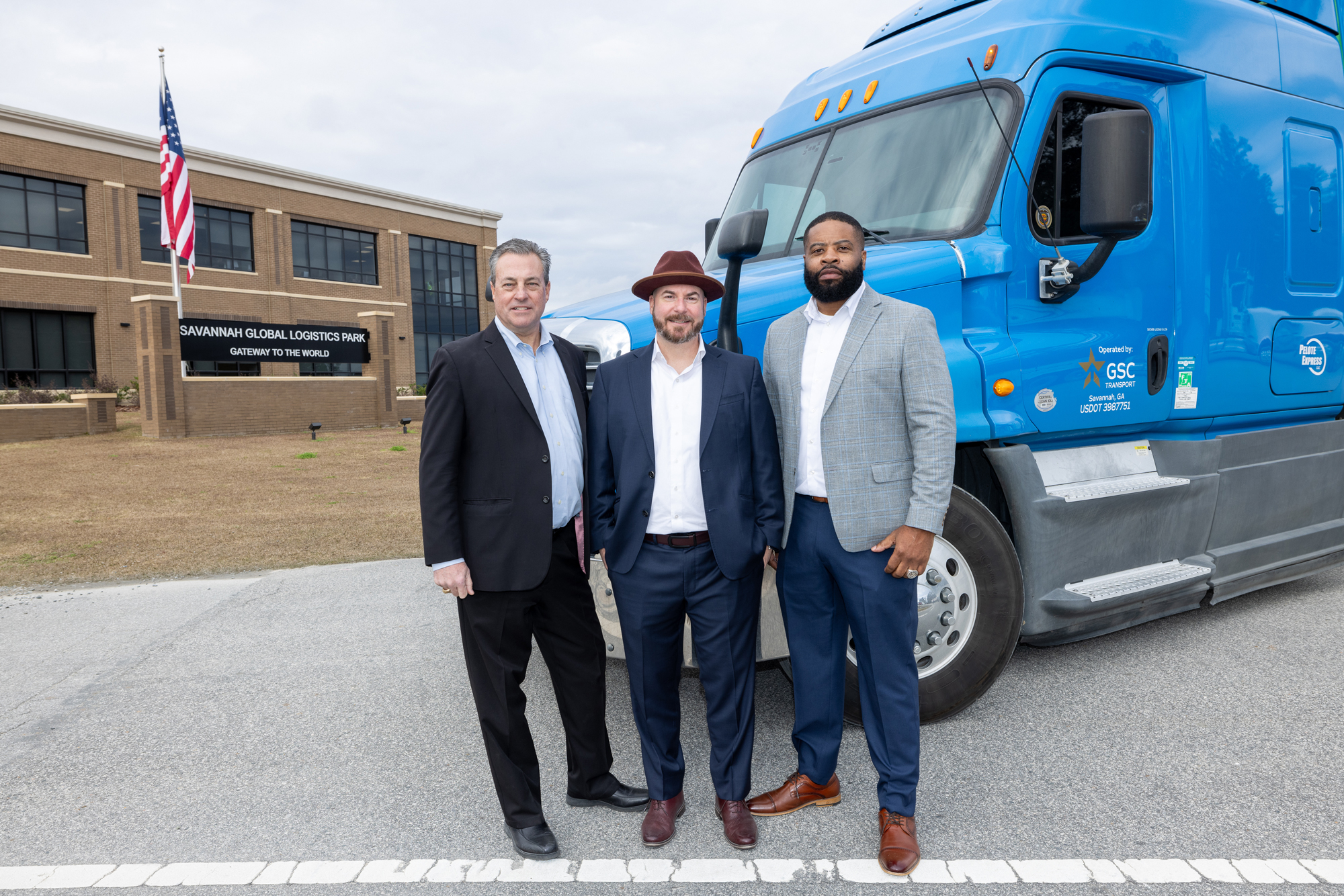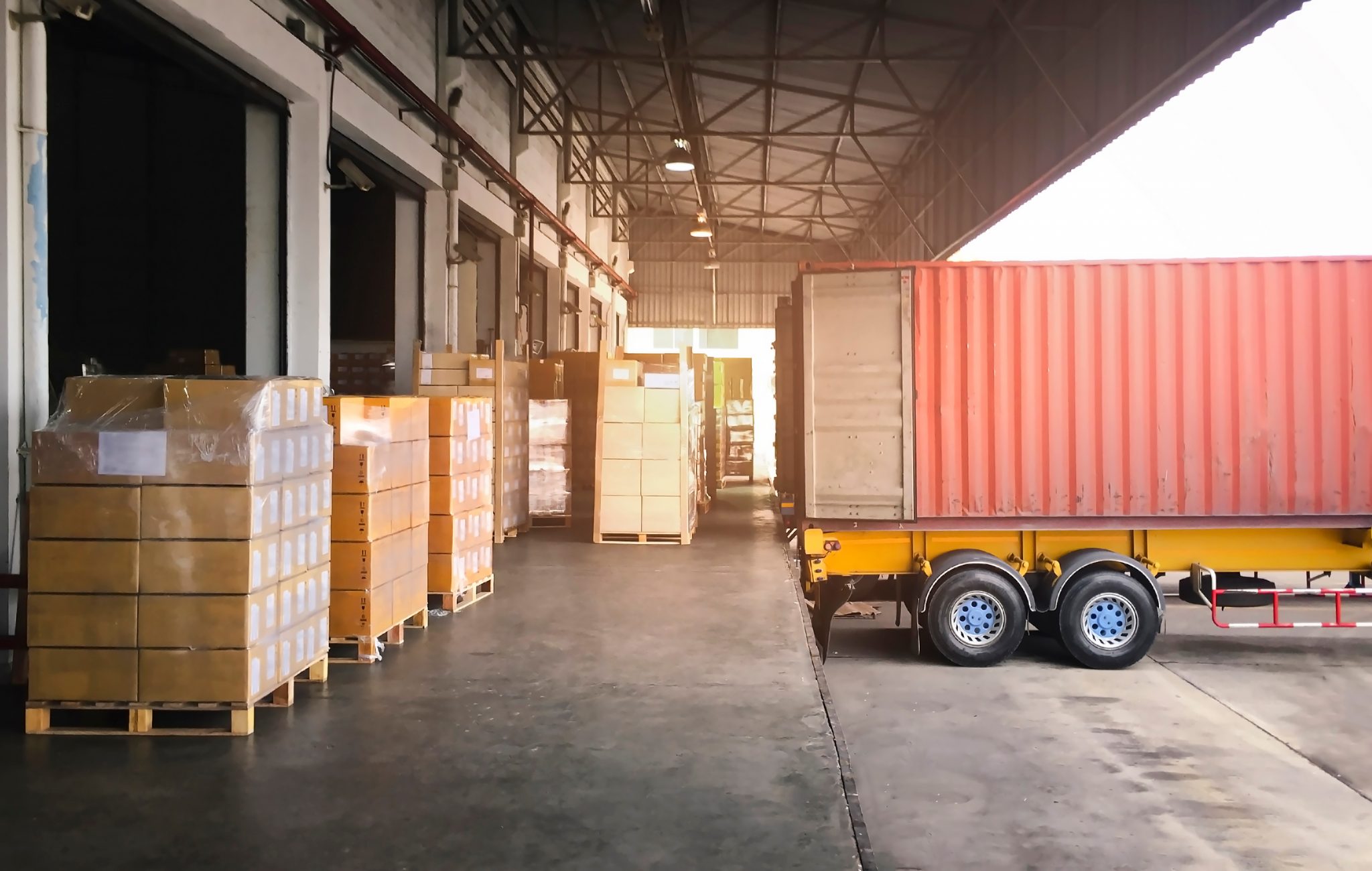From Business Hala:
Rising interest rates and falling revenues are weakening the recently thriving market for mergers and acquisitions
The valuation of the company is easing in the softening goods market and the rising cost of borrowings is making it difficult to close deals. Executives and deal experts say some companies are struggling to find buyers as they seek to capitalize on strong growth during the COVID-19 pandemic.
Paul Swindland, chief executive of Bensonville, Ill.-based logistics provider STG Logistics, said more potential deals have crossed his desk in the past month or so than in the past year. He said many self-buying companies are forecasting earnings that seem unrealistic in the current freight slowdown.
“The mindset lets me try to defend [earnings] Even though I know there is a Covid-related impact,” said Mr. Swindland, whose business acquired the intermodal operations of XPO Logistics. Inc. this year for $710 million.
John Anderson, an operating partner at private-equity firm Greenbrier Equity Group, said sellers are coming off the banner earnings period and have high expectations, but buyers are finding it difficult to raise debt to support deals as they Goods weigh on uncertainty in markets. “There’s a hard time meeting in the middle,” he said.
The market for freight and logistics companies boomed during the pandemic as retailers sought to deliver goods to consumers, fueled by strong growth in shipping demand, high freight rates and record highs for companies ranging from regional truck operators to international freight forwarders. Earned profit.
Chris Wofford, managing partner of West Palm Beach, Fla.-based Wofford Advisors, strategic advisor in global supply chains, said the past two years have been exceptional for large deals as domestic and foreign firms have expanded their reach.
Truck Load Carrier Werner Enterprises Inc. and Knight-Swift Transportation Holdings Inc. expanded its fleet and operations through acquisitions and Uber Technologies Inc. of the freight unit bought technology-focused transportation management provider Transplace, a strategic expansion of the Uber freight brokerage operation, in a cash and stock deal for approximately $2.25 billion.
Foreign-based ocean carriers and freight forwarders have also shown great interest in the US logistics market as they seek to expand their end-to-end supply-chain services.
Germany-based freight forwarder DB Schenker bought Van Buren, Arch-based truckload carrier USA Trucks, in September for about $285 million. Denmark-based AP Moller-Maersk A/S bought Glenn Mills, Pa.-based Pilot Freight Services LLC in a deal for $1.68 billion. French container shipping line CMA CGM SA bought US-based Ingram Micro’s Commerce & Lifecycle Services in a $3 billion deal.
Evan Armstrong, president of research group Armstrong & Associates, said there have been hundreds of deals in the third-party logistics sector during the past 18 months in the range of less than $10 million, compared to 25 deals worth more than $100 million last year. The highest number since Armstrong & Associates tracked such deals in 1999.
Mr Armstrong said there were 14 such deals in the first half of this year, making 2022 on track to become another strong year. But since then the market has cooled, as shipping volumes have plummeted and warnings of a broader global economic slowdown have spread.
The slowdown comes amid a worldwide decline in venture-capital investment and a drop in acquisition deals due to global economic uncertainty and rising interest rates, which have eroded investor confidence.
Mr Armstrong said rising interest rates could upset first-time private-equity investors. But logistics companies are looking to expand their reach and private-equity firms expanding existing logistics portfolios are still looking for deals. Shipping companies like Maersk, which have generated tens of billions of dollars in profits during the pandemic, are in a strong position to make acquisitions without the burden of debt.
Price remains one of the biggest hurdles. Mr Armstrong said gross revenue for domestic transportation management grew an average of 52% last year and 75% year-on-year for international transportation management.
“We are now at a point where it is difficult to come up with an assessment because things have escalated so exceptionally,” he said.
Source: https://businesshala.com/logistics-deal-making-falters-as-freight-demand-slows/



